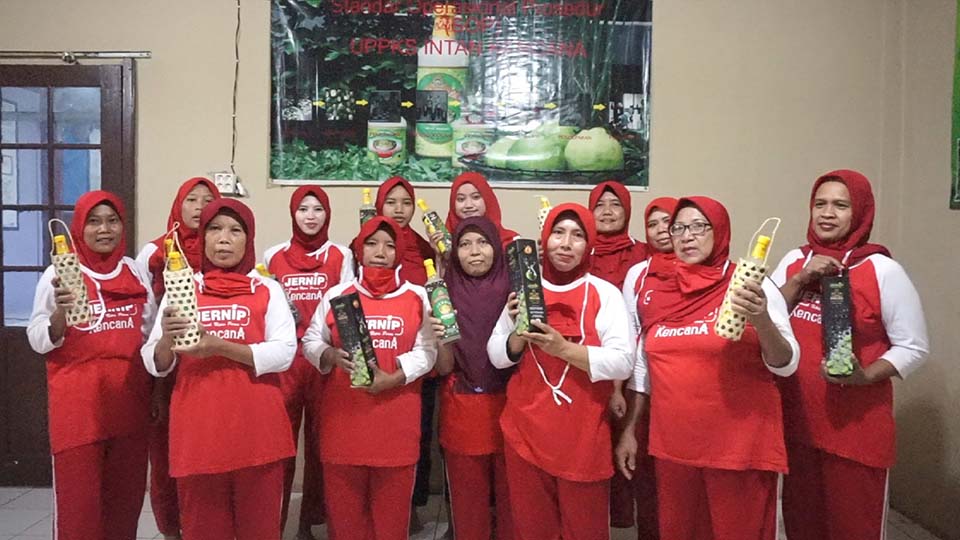Background

Egyptian cotton is globally renowned for its superior quality (Photo: Brian Hathcock)
Egypt’s year round moderate climate is perfect for cotton plantation and gives it a superior quality. Among the cottons grown in Egypt, Barbadence cotton is of the highest quality and well renown for its long fibers and thin yarn. Longer fibers enhance the quality of yarn, and the thin yarn allows higher thread counts per square inches. Another factor that contributes to the unique quality of Egyptian cotton is that it is hand-picked, which reduces the stress on the fibers and preserves the cotton far better than mechanical picking. As a result, the sheets made from Egyptian cotton are soft, strong and durable.
The commercial cultivation of cotton in Egypt began during the reign of Mohamed Ali Pasha in the 18th century with initial, high-priced exports to France. The quality of the cotton soon drew international attention and Muhamed Ali introduced commercial-scale plantation of cotton as a cash crop. Over the years, Egyptian-produced cotton sheets became known and popular all over the world.
Although the value and uniqueness of Egyptian cotton was recognized at an early stage, no formal quality control regulations were put in place until the early twentieth century. It was in 1926 that the Egyptian government initiated certain measures for maintaining cotton quality and imposed strict controls of the seeds to make sure they were not mixed with others of lesser quality. The cotton industry became more organized through private initiatives when cotton stakeholders established the Alexandria Cotton Exporters Association (ALCOTEXA) in 1932. ALCOTEXA operates as a non-profit organization with a goal of fostering cotton trade and works as a forum for exporters, importers, spinners and other relevant entities dealing with cotton from Egypt. It maintains close cooperation with the Egyptian government and is mandated to register all cotton export deals from Egypt.
Branding and Trademark

The Egyptian Cotton logo is internationally protected (Madrid registration No. 756059)
In 2001, The Egyptian Ministry of Economy and Foreign Trade along with ALCOTEXA developed a logo consisting of figurative elements (the drawing of a cotton flower) and the words “Egyptian Cotton” to promote and increase the export of cotton products from Egypt. The two entities jointly registered the Egyptian CottonTM logo as an international trademark under the Madrid system.
The logo is protected in specific national jurisdictions too. In 2001, ALCOTEXA and the Ministry of Economy and Foreign Trade registered the logo as a certification mark in the United States. The certification mark applies for cotton products (such as bedding, bed sheets, bed linen, quilt, comforters, etc.) made wholly or substantially from Egyptian cotton. According to the registration certificate, the mark can only be used by authorized persons and “is intended to certify that the products…contain 100% Egyptian Barbadence cotton”. The logo is also trademark protected in some European countries such as Denmark. In the United Kingdom, the logo is registered as a trademark and can be used only for raw cotton of Egyptian origin.
The use and protection of the logo combined with promotional activities were part of the branding strategy employed to increase consumer recognition of the high quality and specific attributes of Egyptian cotton which differentiate it from cotton produced elsewhere and justify its premium price. This strategy was expected to result in a twofold increase in the export of cotton and cotton products from Egypt within five years.
Research and Development
Faced with the challenges from cotton producers from the United States, China, India and other countries, the Egyptian government underscores the need for developing new cotton varieties with improved quality and yields to retain Egyptian cotton’s competitive edge in the global market. The Cotton Arbitration and Testing General Organization (CATGO) under the Egyptian Ministry of Trade and Industry is the principal cotton research institute in Egypt. Another important task of CATGO is to ensure the preservation of Egyptian cotton from contamination through technical monitoring and testing and issuing of approval certificates. CATGO’s research also addresses the needs of local spinners; following some suggestions about specific domestic needs, CATGO is involved in developing low cost cotton varieties with compromised quality but high productivity.
Partnership and Licensing
The Egyptian government maintains a licensing scheme for commercialization and promotion of Egyptian cotton. The scheme allows any use of the name/logo of Egyptian cotton only through a licensing agreement. The agreement guarantees the quality and superiority of products made from 100 percent Egyptian Barbadence cotton. Around the same time when Egypt took the initiative of protecting the name and logo of Egyptian cotton, the Ministry of Economy and Foreign Trade and ALCOTEXA concluded an agreement with two leading textile firms in the United States. These two American companies are authorized to use the logo on their products made from Egyptian cotton in the United States and Canada.
Business Results
In Egypt, cultivation in one acre of land can produce as much as 400 kilograms of cotton and other by-products (fodder, for example). As cotton cultivation in Egypt is labor-intensive, it has important social implications in the country’s employment scenario.
As one of the most important cash crops of the country, cotton exports make significant contributions to the country’s national revenue. Cotton exports, however, have been exposed to difficult situations in the global market due to competition from foreign producers, cotton subsidies in other countries and the global financial crisis. Despite the constraints, Egyptian cotton continues to maintain a premium spot in the global cotton market thanks to its unique and superior quality which can be easily recognized and identified by customers through the protected name and logo. The branding success of Egyptian cotton is reflected in the more than 80,000 tons that were exported in the 2008-09 fiscal year, an outstanding result which exceeds the target set by ALCOTEXA.
Strategic Policy for Egyptian Cotton
The protection of the Egyptian cotton name and logo and complementary licensing scheme established by the government have paved the way towards a positive future for Egyptian cotton.



